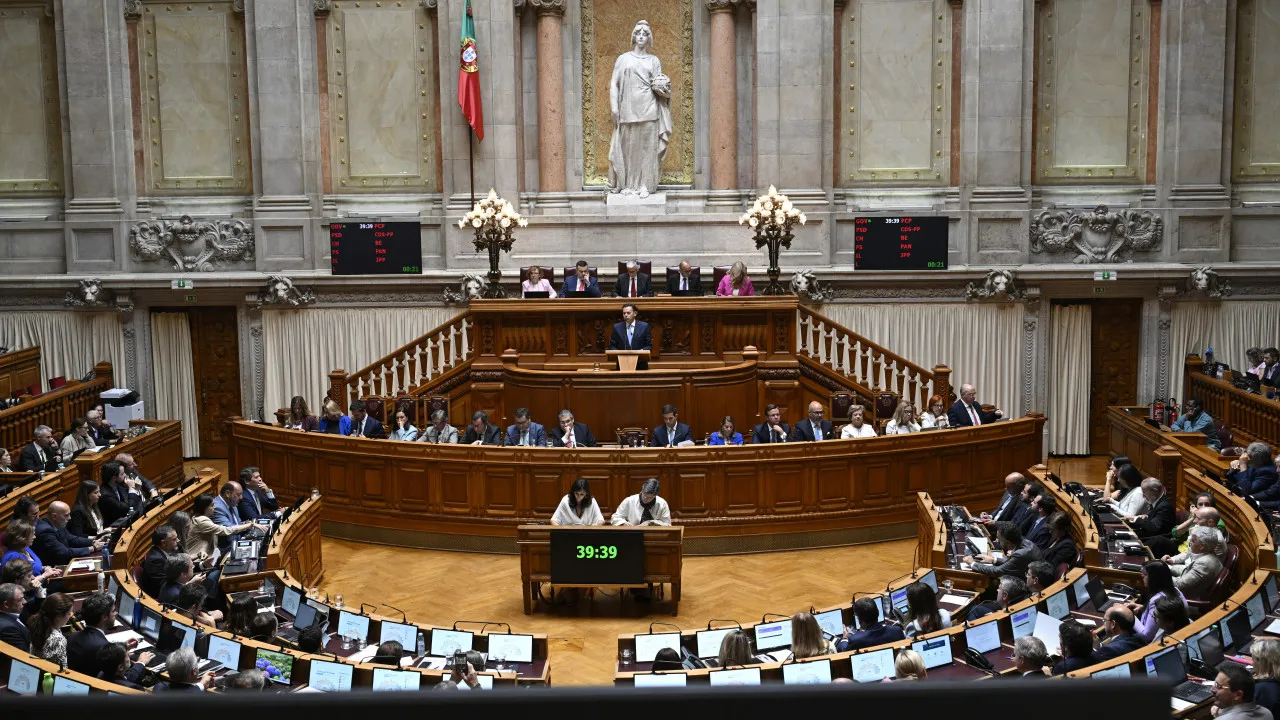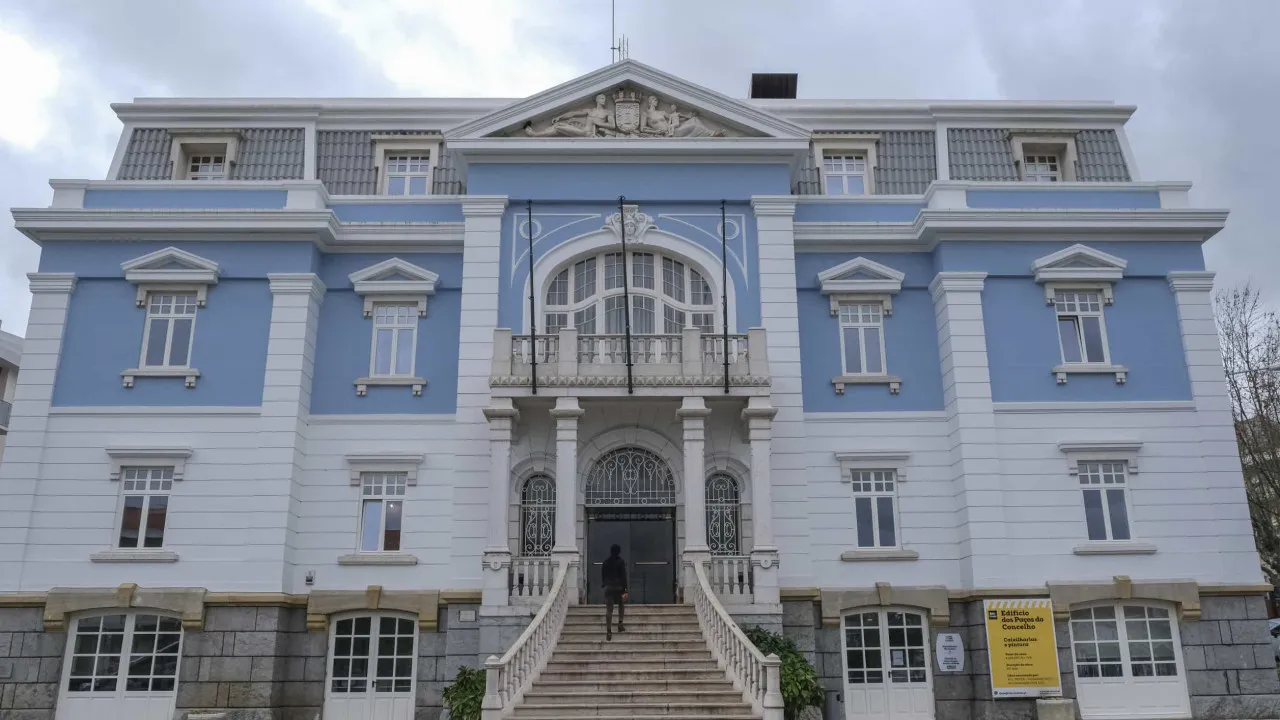
The government has announced a proposal to revoke the current three-day leave for gestational mourning, which is currently without loss of rights, by adding this leave to the law on pregnancy termination and family assistance. This move has sparked controversy among politicians.
In comments to the press after signing a pre-election agreement with BE and PAN for the local elections in Loures, Rui Tavares, spokesperson for Livre, accused the government of proposing a reversal of significant societal progress. Tavares criticized the government for excluding people and ignoring the importance of recognizing the grief experienced by parents during gestational mourning. He argued that eliminating this provision is a grave decision.
Tavares further criticized the government’s communications on social media, accusing them of misleading the public about their policies and creating “false fact-checking pages” instead of clarifying the situation.
On the other hand, PAN spokesperson Inês Sousa Real emphasized that it was her party that proposed the legal recognition of three days of leave for gestational mourning up to 20 weeks of pregnancy. She described the government’s current stance as “absurd and incoherent,” arguing that it confuses the right to abortion with the right of parents to grieve. Sousa Real expressed strong disapproval of the government’s lack of recognition for parents who experience loss.
Sousa Real advocated for extending the gestational mourning leave to 20 days, aligning it with parental mourning leave. She emphasized the need to address this issue to respect the ongoing grief experienced by parents.
The PAN spokesperson indicated that her party plans to demand the Minister of Labor provide explanations at the Assembly of the Republic when it reconvenes on September 17. She called for clarity on this matter and stressed the need for government accountability to affected families.
Meanwhile, BE leader Fabian Figueiredo criticized Prime Minister Luís Montenegro for his harsh approach. Figueiredo called for civic engagement against what he described as a cruel proposal to end gestational mourning leave. He encouraged widespread public opposition to the measure, emphasizing Portugal’s legacy of strength and deserving of better policies.
Figueiredo concluded by assuring that every necessary step would be taken to prevent this measure from becoming law.




